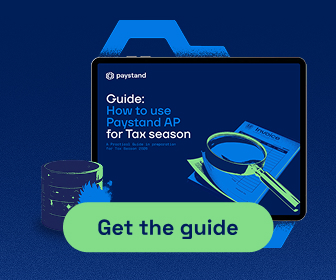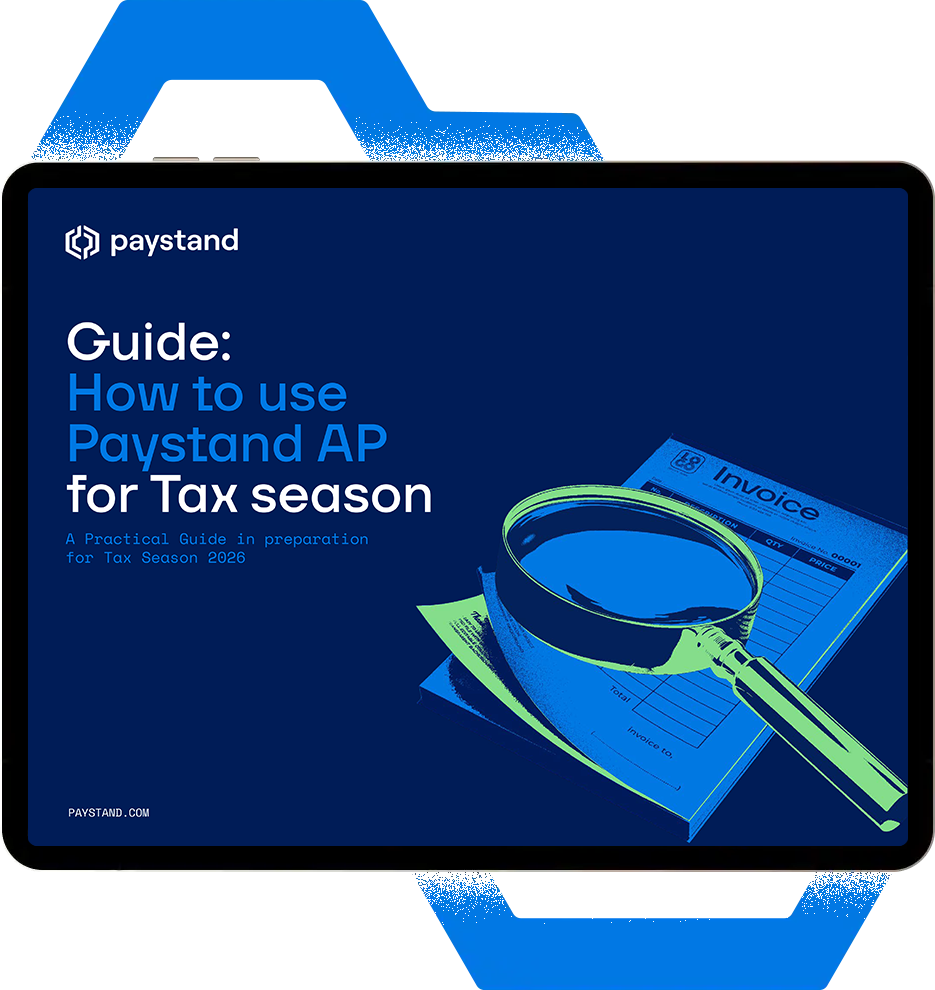The lease rules are complicated. With public companies still working to clarify everything, private companies were given some recourse—a delay in adoption. But with the delay due in part to needed clarification, some of the changes were proposed in a recent letter open for comment. We look at the proposed changes and discuss how you can learn more.
Background: Big Changes Meet COVID-19 Delays
Hailed as one of the biggest changes to accounting in decades (or at least since ASC 606), The Lease Accounting Standard, also known as ASC 842 was a marked change in the way that leases are reported.
February 2016: Initial Rules
As discussed by Deloitte, Accounting Standards Update (ASU) No. 2016-02, Leases, was issued in February 2016. Codified as ASC 842, this introduces a lessee model that brings most leases onto the balance sheet; aligns certain of the underlying principles of the lessor model with those in ASC 606, the FASB’s new revenue recognition standard; and addresses other concerns related to the nearly 40-year-old leasing model from the previous guidance.
The stated goal of the lease standard was to enable financial statement users to assess the amount, timing, and uncertainty of cash flows arising from leases, and changed disclosure rules for both lessees and lessors.
Initial Timeline and Delays
The new guidance became effective for public business entities, as well as for certain not-for-profit entities (NFPs) and employee benefit plans, for annual periods beginning after December 15, 2018 (calendar periods beginning on January 1, 2019) and interim periods therein.
Though public entities have begun reporting under new standards, private ones were initially expected to begin reporting one year later. This was initially delayed in 2019. Then, Coronavirus hit.
Announced in May 2020, FASB voted Wednesday to extend by one year the effective date of its revenue recognition standard to all nonpublic entities that have not yet issued their financial statements. As noted in our blog on the change,
“The Board received feedback through comment letters that many private companies and NFP entities are experiencing challenges with finalizing their transition to Revenue under a compressed timeline because of the unique challenges resulting from the COVID-19 pandemic. Therefore, the Board extended the deferral to certain entities that have not yet issued their financial statements (or made financial statements available for issuance) reflecting the adoption of Revenue, rather than limiting the deferral to franchisors.”
Learn more about some of the complexities in our blog titled Complexities and Opportunities in ASC 842 Adoption.
Additional Changes Proposed in the Wake of Delays
With much of the rulemaking still up in the air, the delays to implementation resulted from delays of the roundtables to discuss any clarification.
“The Board had previously scheduled a roundtable discussion to address implementation by public companies to assist private companies in their efforts and to determine whether additional practical expedients or other amendments are warranted as private companies prepare for final implementation.”
Proposed Amendment 1: Sales-Type Leases with Variable Lease Payments—Lessor Only
Topic 842 requires that a lessor determine whether a lease should be classified as a sales-type lease at lease commencement on the basis of specified classification criteria.
Under Topic 842, a lessor is not permitted to estimate most variable payments and, thus, must exclude variable payments that are not estimated and do not depend on a reference index or a rate from the lease receivable. Subsequently, those excluded variable payments are recognized entirely as lease income when the changes in facts and circumstances on which those variable payments are based occur.
Consequently, the lease receivable for a sales-type lease with variable payments that do not depend on a reference index or a rate of a certain magnitude may be less than the carrying amount of the underlying asset derecognized at lease commencement resulting in the lessor 2 recognizing a loss at lease commencement even if the lessor expects the arrangement to be profitable overall.
Intended Change: Requiring Lessors to Classify and Account for Variable Lease Payments as Operating Leases
As discussed in Journal of Accountancy, proposed amendment 1 would amend for lessors the lease classification requirements for leases in which the lease payments are predominantly variable, by requiring lessors to classify and account for those leases as operating leases.
In doing so, a FASB media advisory states that the risk of lessors recognizing losses at lease commencement for sales-type leases that are expected to be profitable would be mitigated and the resulting financial reporting would more faithfully represent the economics underlying the lease.
Proposed Amendment 2: Option to Remeasure Lease Liability—Lessee Only
Topic 842 prohibits a lessee from remeasuring its lease liability solely for a change in a reference index or a rate upon which some or all of the variable lease payments are based. Rather, any change in future payments resulting from changes in a reference index or a rate is accounted for as a variable lease cost.
Rather, any change in future payments resulting from changes in a reference index or a rate is accounted for as a variable lease cost. Those variable lease costs are recognized in the period in which the obligation for those payments is incurred.
Proposed Change: Allow for Remeasure of Liabilities
Proposal 2 would provide the option for lessors to remeasure lease liabilities for changes in a reference index or a rate affecting future lease payments at the date that those changes take effect. The option would be available as an entity-wide accounting policy decision
Proposed Amendment 3: Modifications Reducing the Scope of a Lease Contract
If a lease contract providing a lessee with the right to use multiple assets (for example, a master lease agreement) is modified such that certain of those rights are terminated early, Topic 842 requires that an entity (both lessees and lessors) reconsider the classification and adjust the accounting for the remaining lease components in that contract.
This modification accounting is required regardless of whether those remaining lease components are economically affected by the early termination. In practice, an early termination could be executed either at or after the effective date of the modification (for example, because there is a notice period before a lessee can return the leased assets to the lessor).
Proposed Change: Change of Requirements
Proposal 3 would change for lessees and lessors the requirements when there is an early termination from some leases within a contract that does not economically affect the remaining leases in that contract. In those circumstances, entities would be exempt from applying modification accounting to the remaining leases.
Stay on Top of Lease Accounting Changes
Though you can read the proposals in detail from the FASB website, learn more about the updates from Journal of Accountancy, and comment on these by December 4, the best way to discuss the changes with your peers is to join the Controllers Council.
We’ve built the fastest growing community of Controllers and are happy to provide our members with a place to discuss, network, and grow. Get to know more about the benefits of membership and join today!
Additional Resources
ASC 842 Lease Accounting Standard Handbook for Private Companies
Using the Lease Accounting Deadline Extension to Your Advantage
How Will ASC 842 Affect Tax Accounting?
New ESG Guidelines to Consolidate Standards and Reduce Confusion




